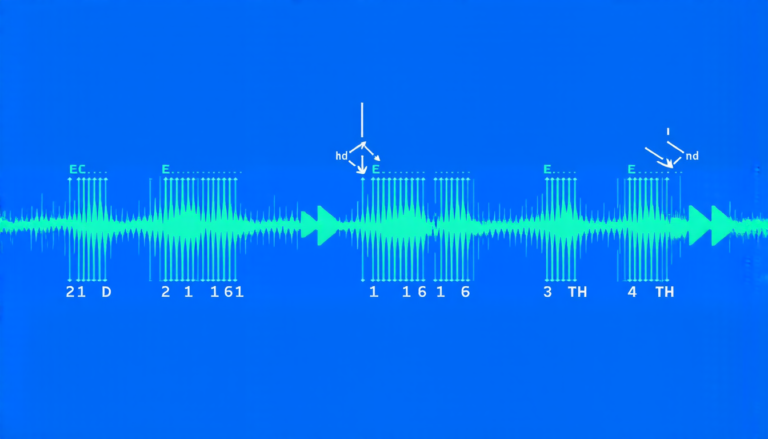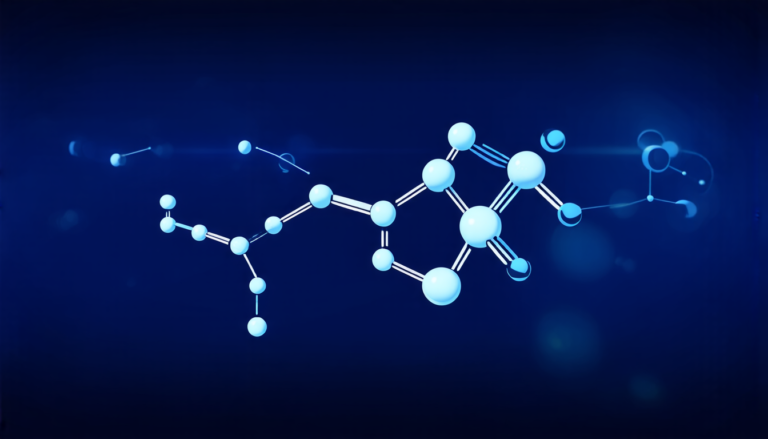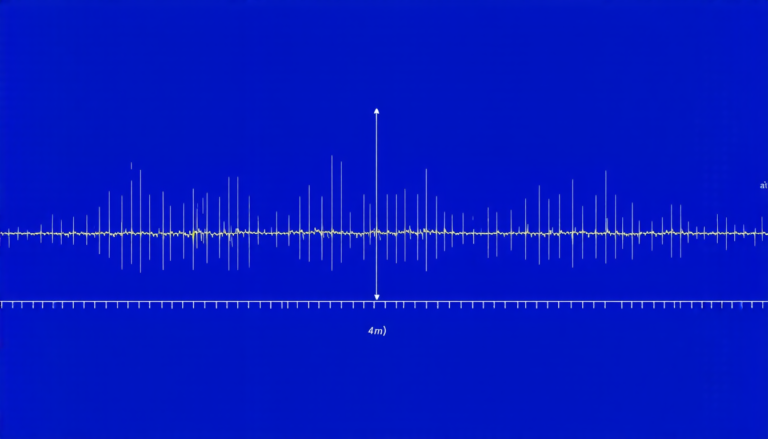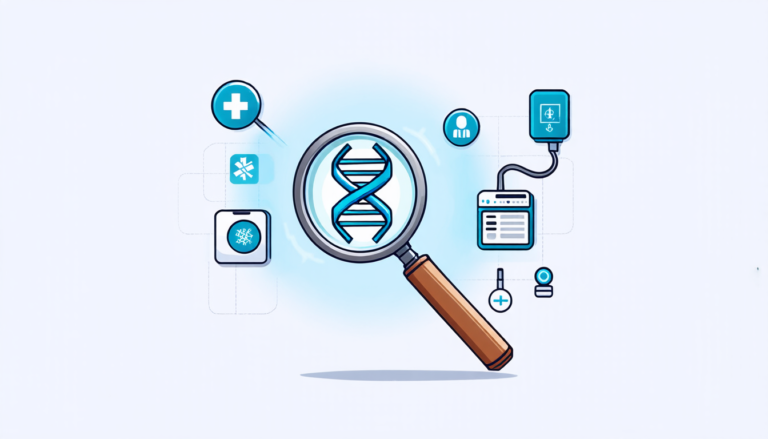Thursday 27 March 2025
A team of researchers has made a significant breakthrough in understanding how to average data that lives on complex shapes, such as spheres and manifolds. The discovery could have far-reaching implications for fields like medicine, computer vision, and machine learning.
The problem of averaging data on non-Euclidean spaces is notoriously difficult. In Euclidean space, averages are straightforward: you simply add up all the points and divide by their number. But in spaces with curved or irregular shapes, such as spheres or manifolds, this approach doesn’t work.
One solution is to use a technique called Riemannian diffusion mean, which was developed several years ago. This method involves simulating random walks on the shape and then taking the average of the end points of these walks. However, this approach can be computationally expensive and may not always produce accurate results.
The researchers have now found a new way to estimate the Riemannian diffusion mean using a technique called score matching. This method involves training a neural network to predict the likelihood of observing a data point on the shape, given its position. The network is then used to estimate the gradient of this likelihood with respect to the position, which can be used to compute the average.
The team tested their approach on several different shapes, including spheres and manifolds. They found that it was much faster and more accurate than traditional methods, and could be used to solve a wide range of problems in fields like medicine and computer vision.
One potential application is in medical imaging, where it may be possible to use the new technique to average together multiple images of a patient’s brain or heart to produce a single, high-quality image. This could help doctors to diagnose and treat conditions more effectively.
The researchers are also exploring the possibility of using their approach to improve machine learning algorithms, which often rely on averages of data points in Euclidean space. By extending these algorithms to non-Euclidean spaces, it may be possible to develop more accurate and robust models that can better handle complex data.
Overall, the new technique has significant potential to transform our ability to analyze and understand data on complex shapes. It could open up new possibilities for researchers and engineers in a wide range of fields, and help us to unlock the secrets of the universe.
Cite this article: “New Technique Revolutionizes Data Analysis on Complex Shapes”, The Science Archive, 2025.
Data Averaging, Complex Shapes, Spheres, Manifolds, Non-Euclidean Spaces, Riemannian Diffusion Mean, Score Matching, Neural Networks, Medical Imaging, Machine Learning







